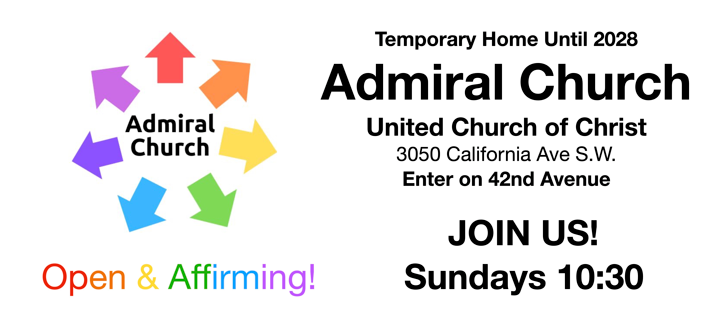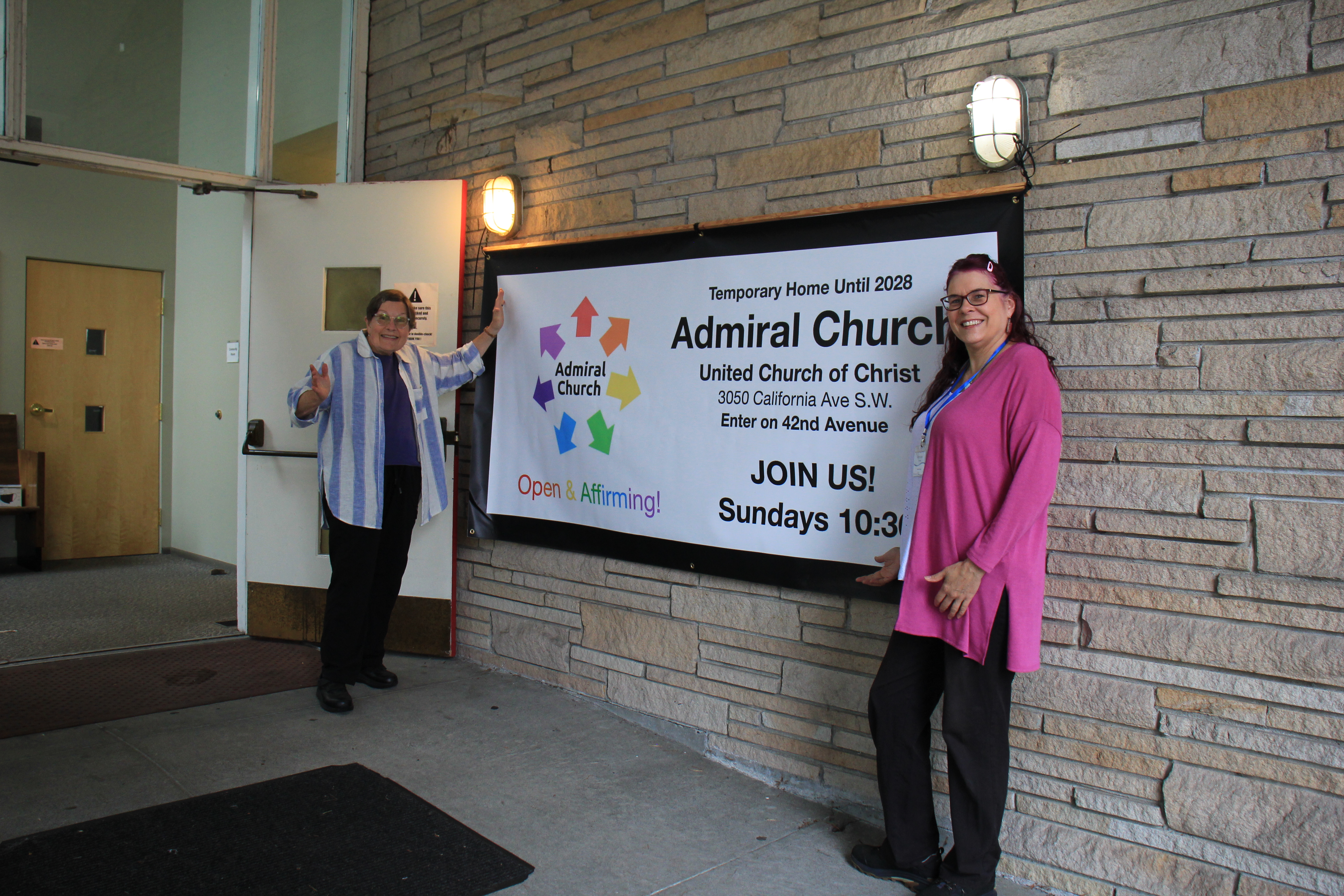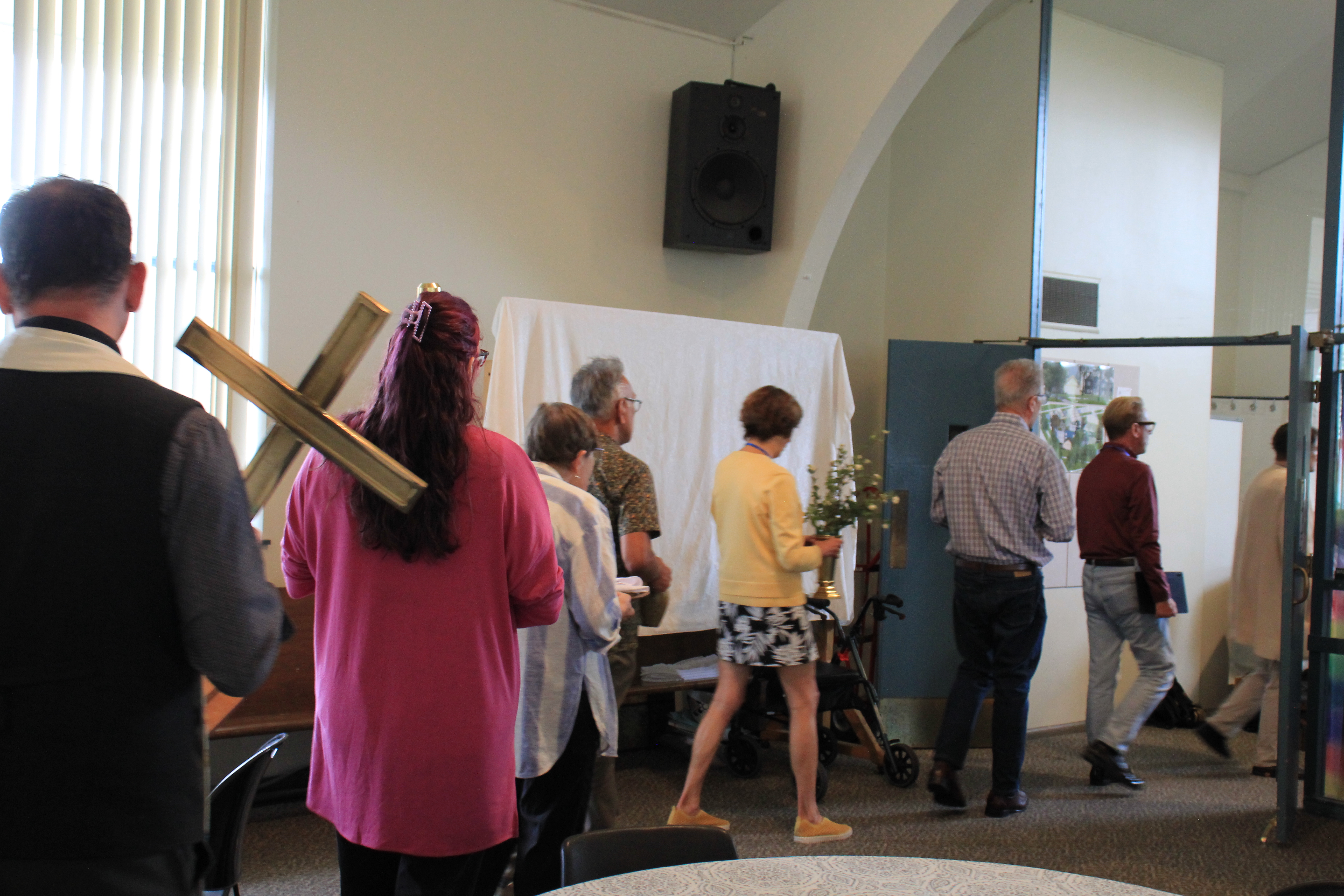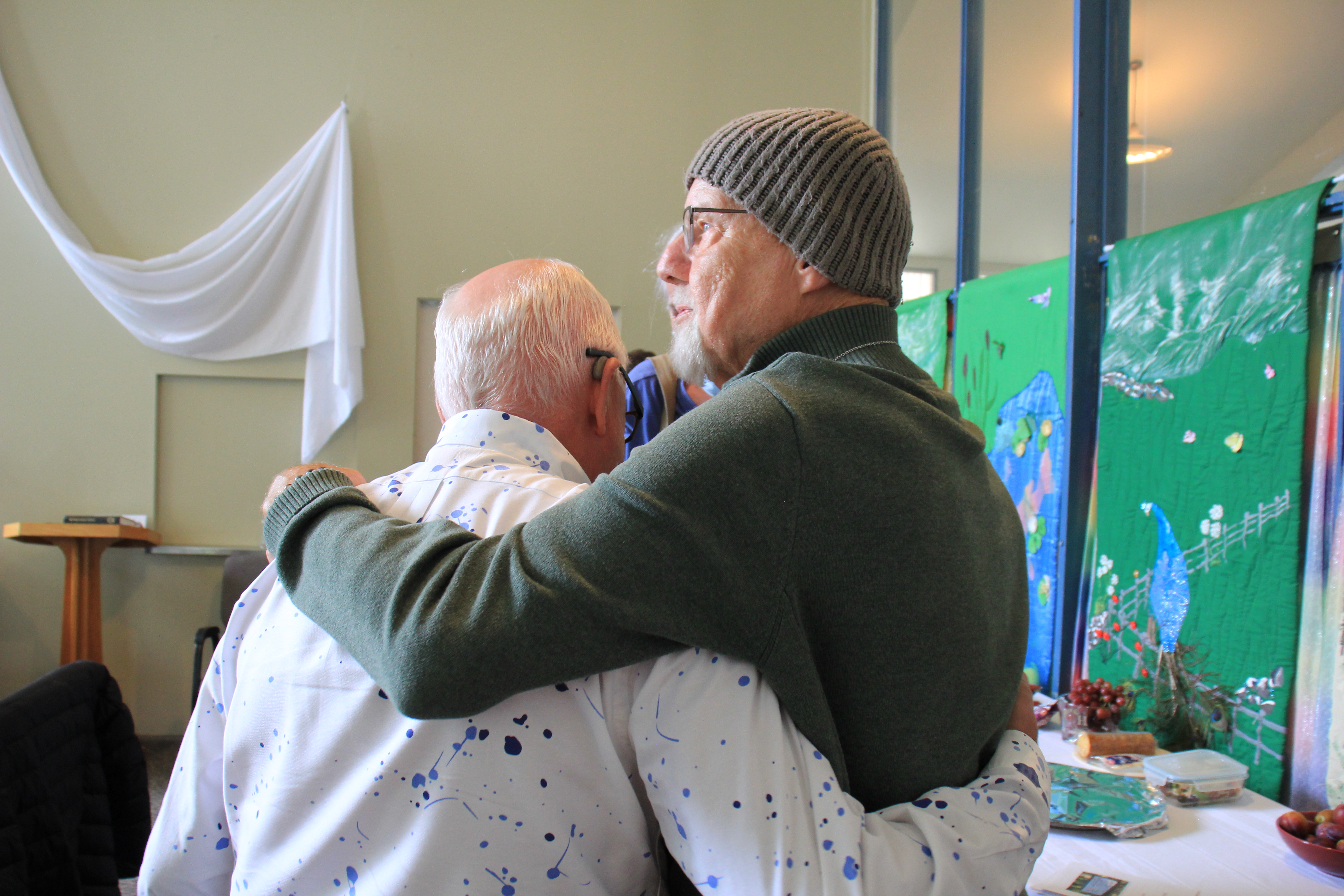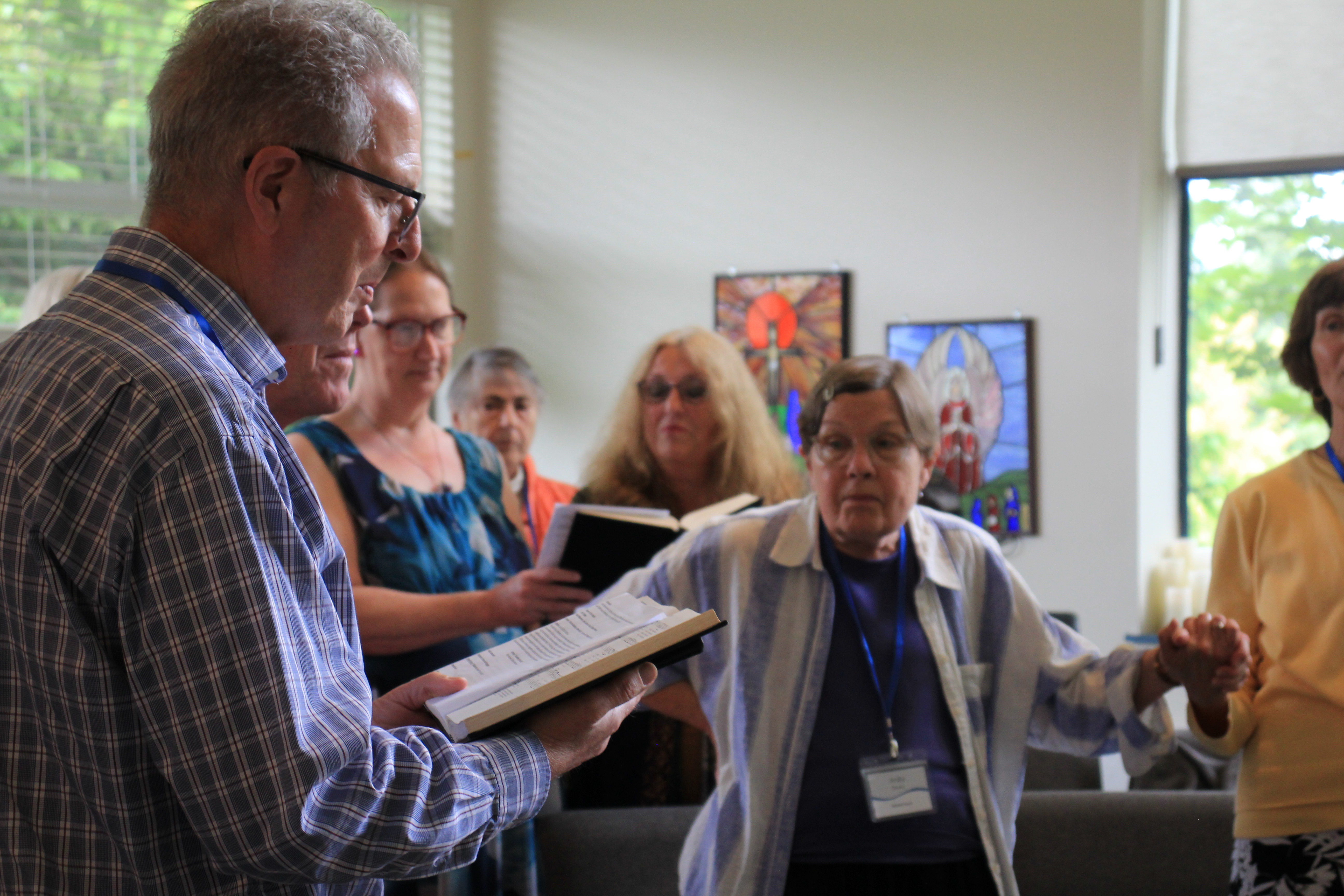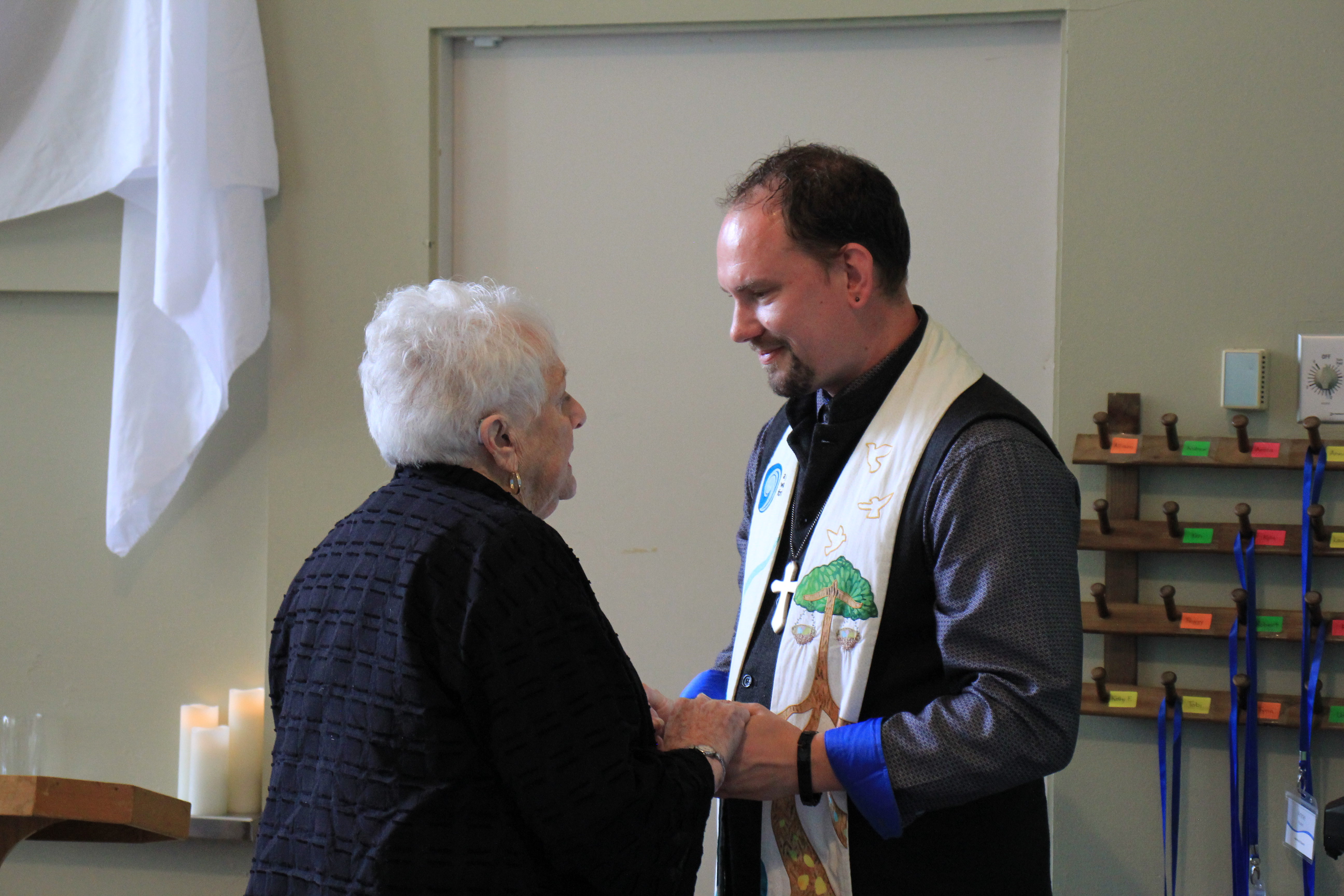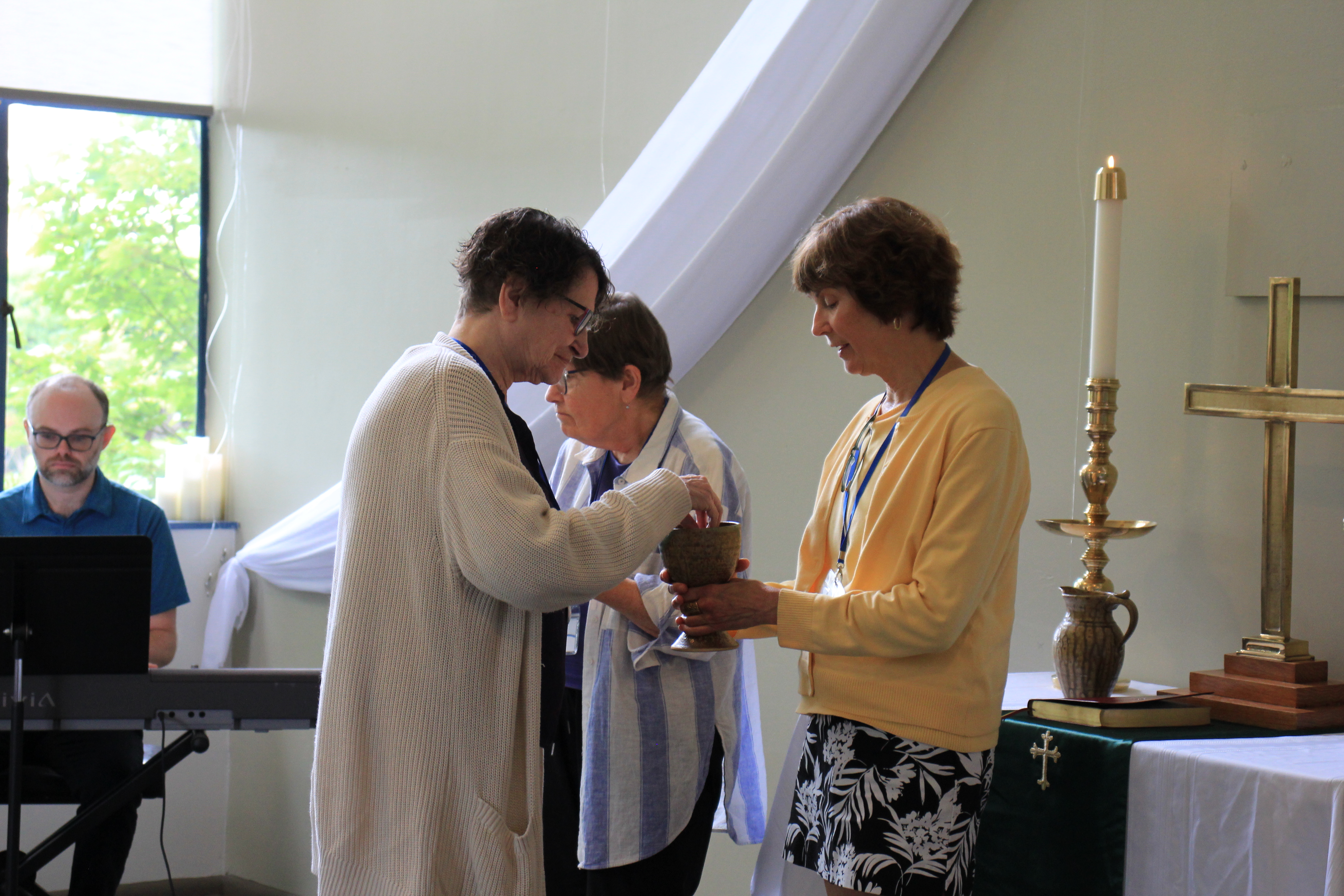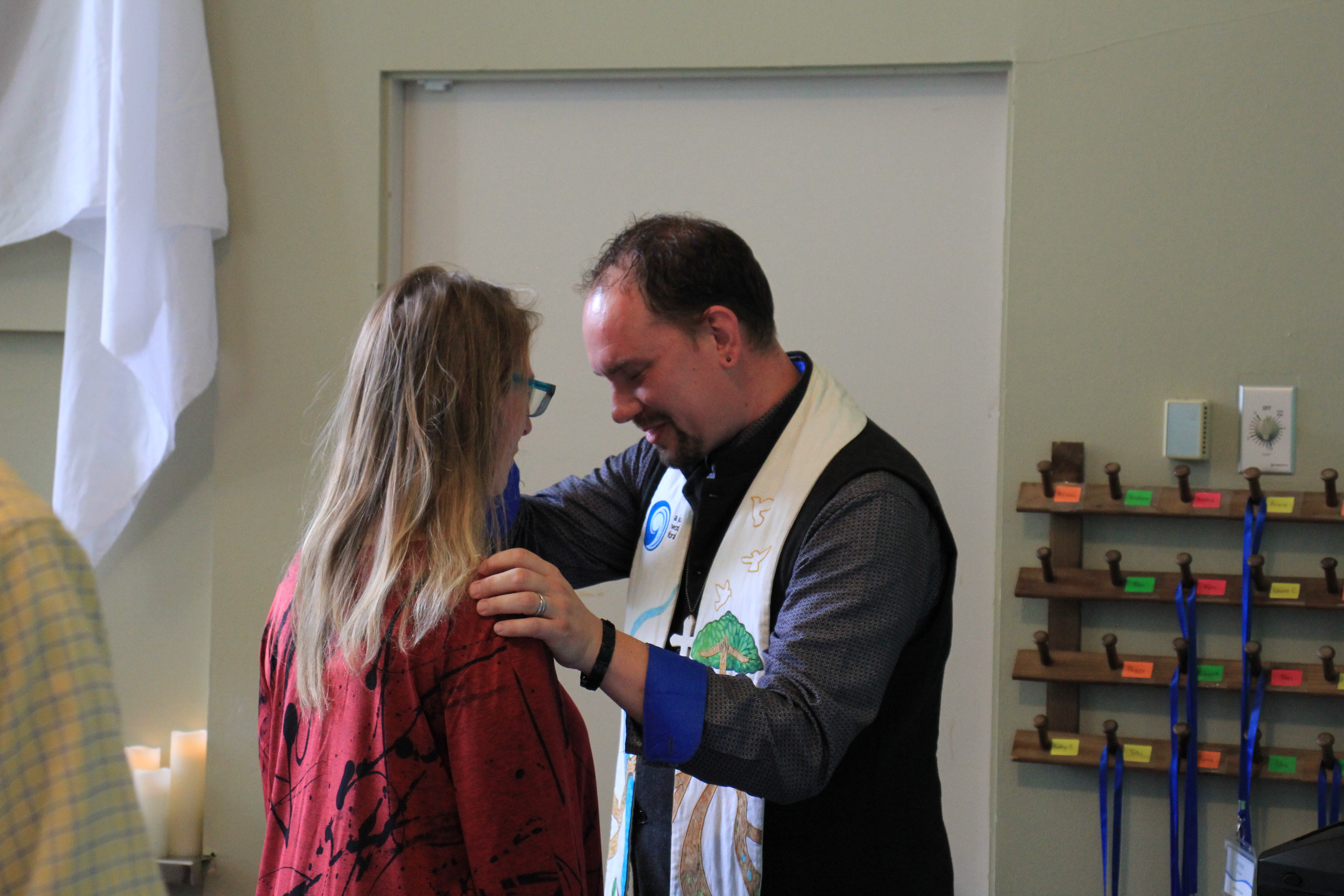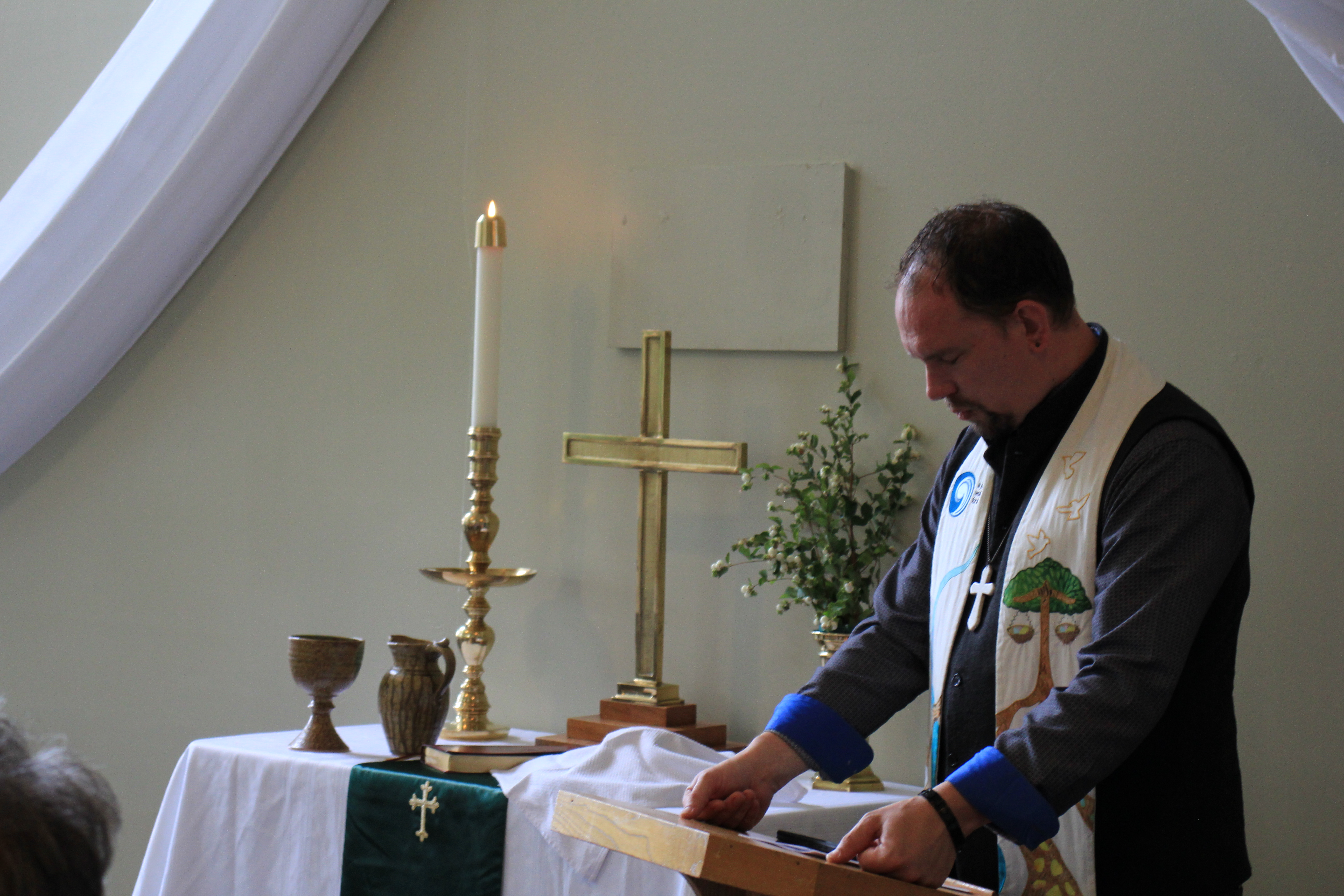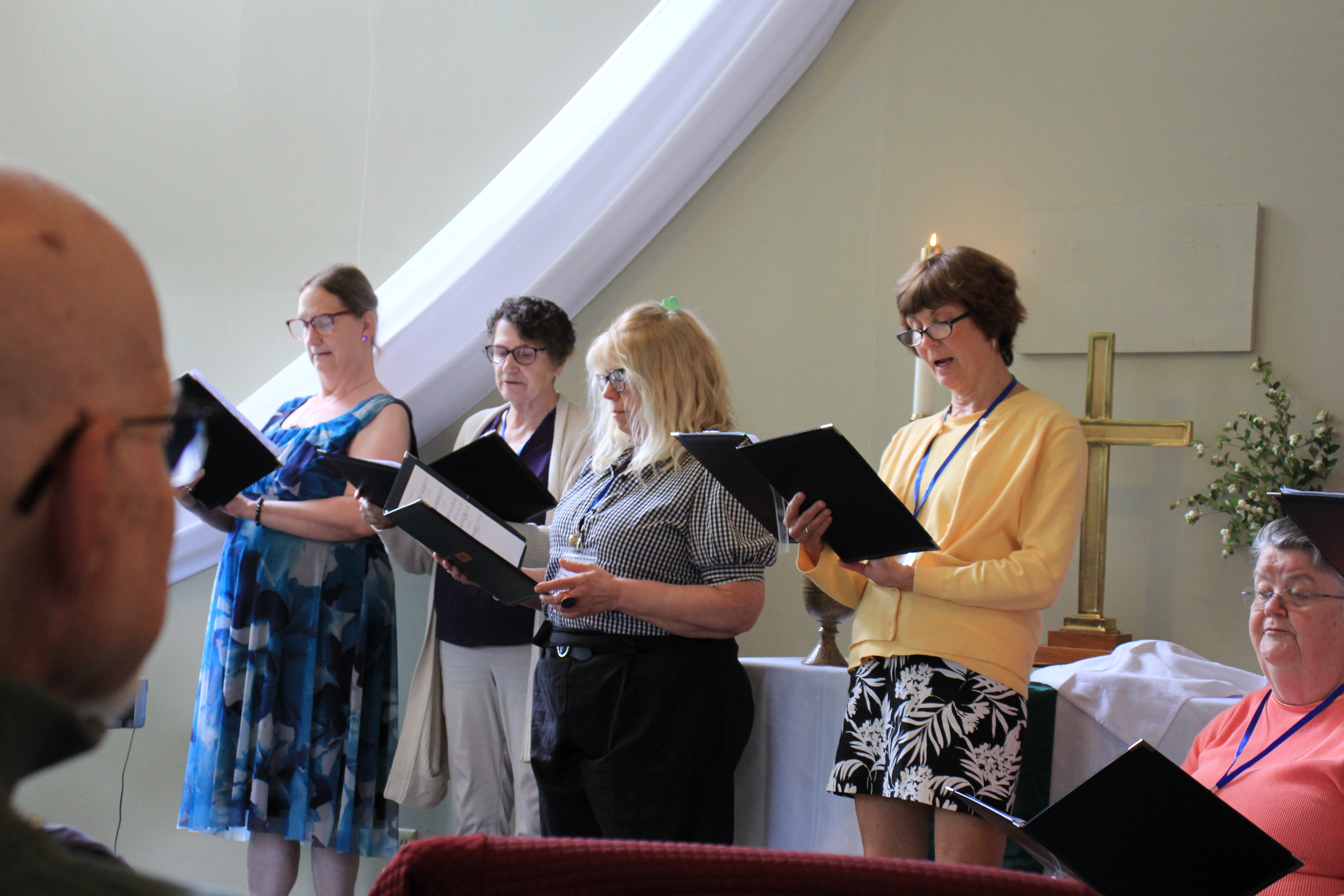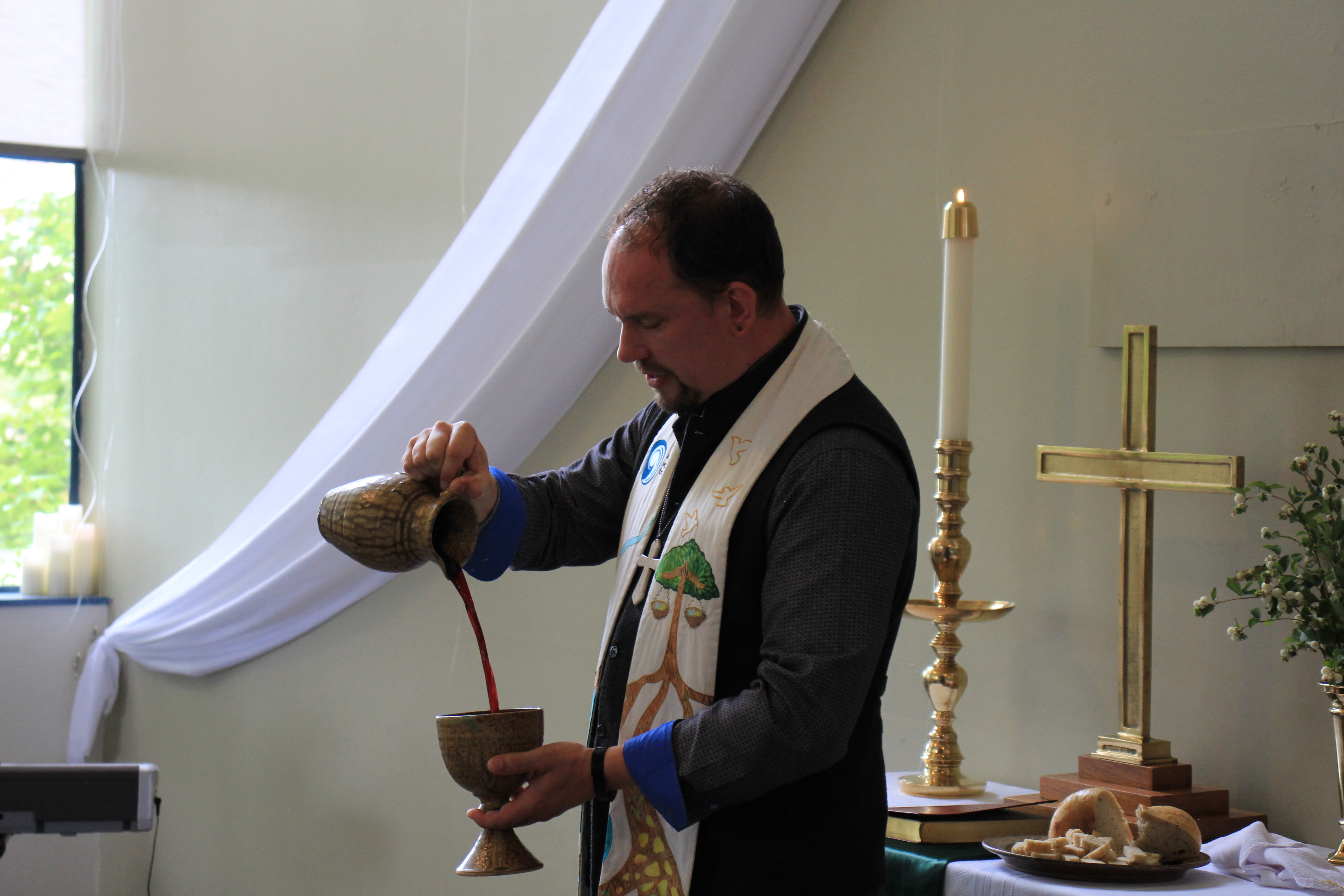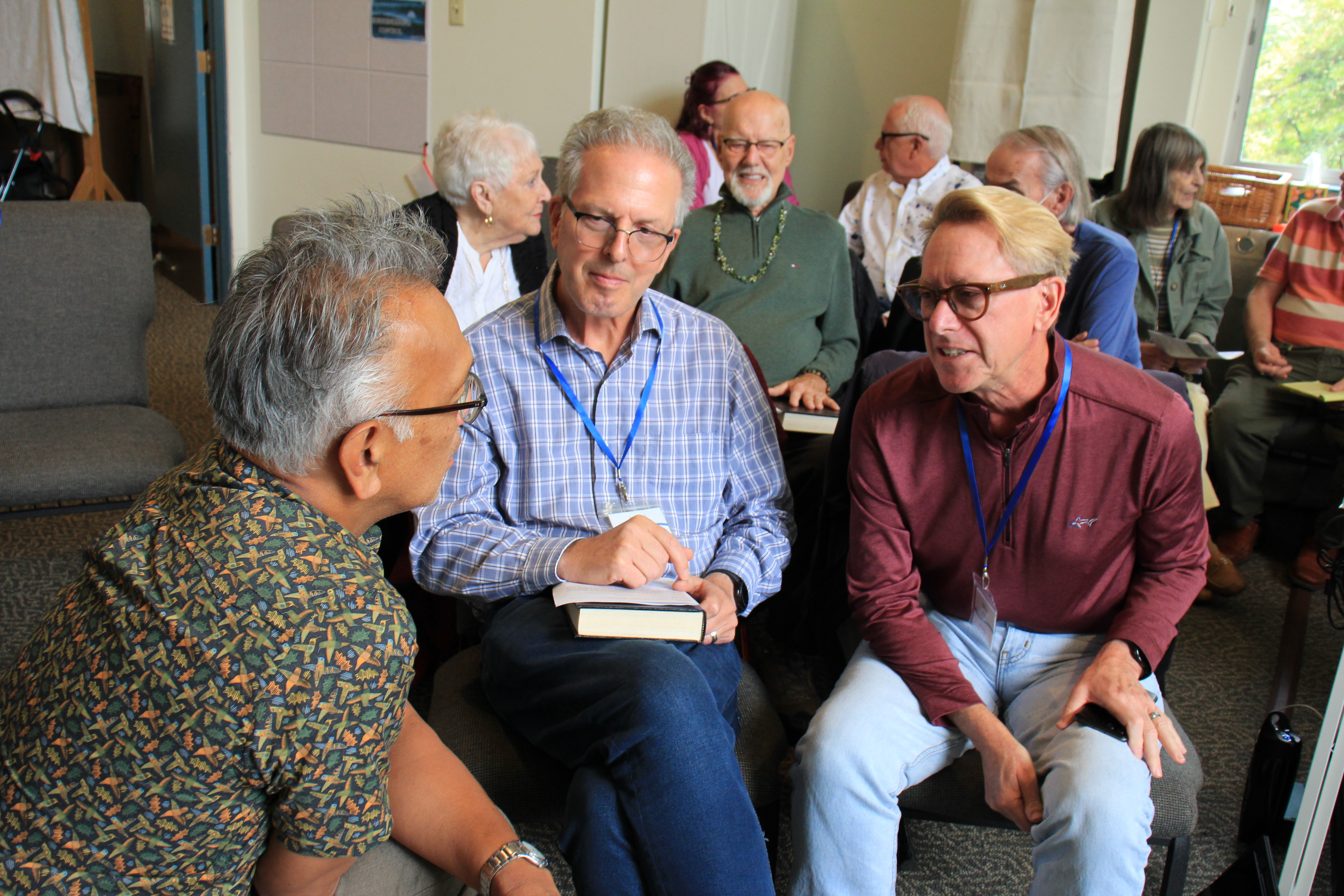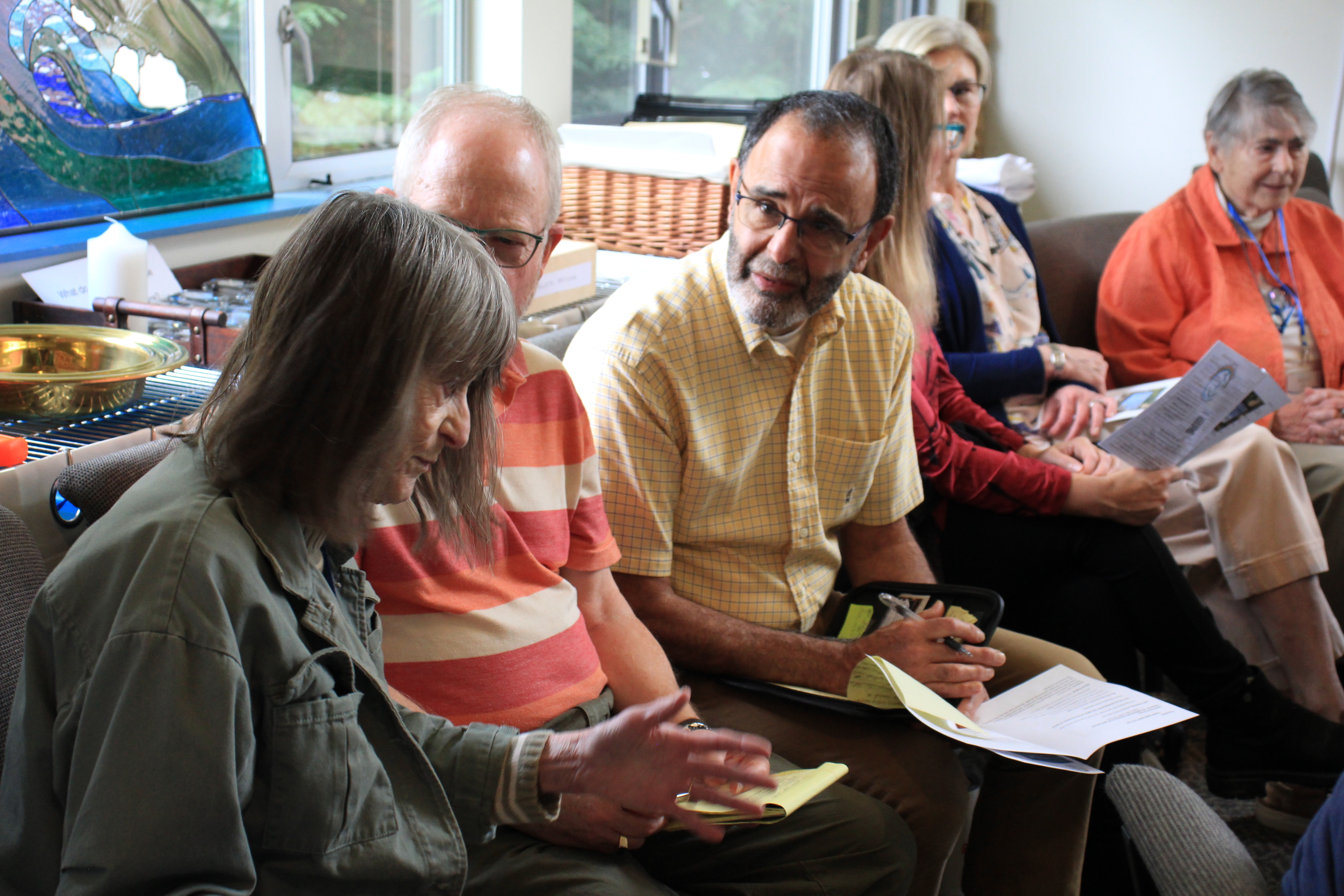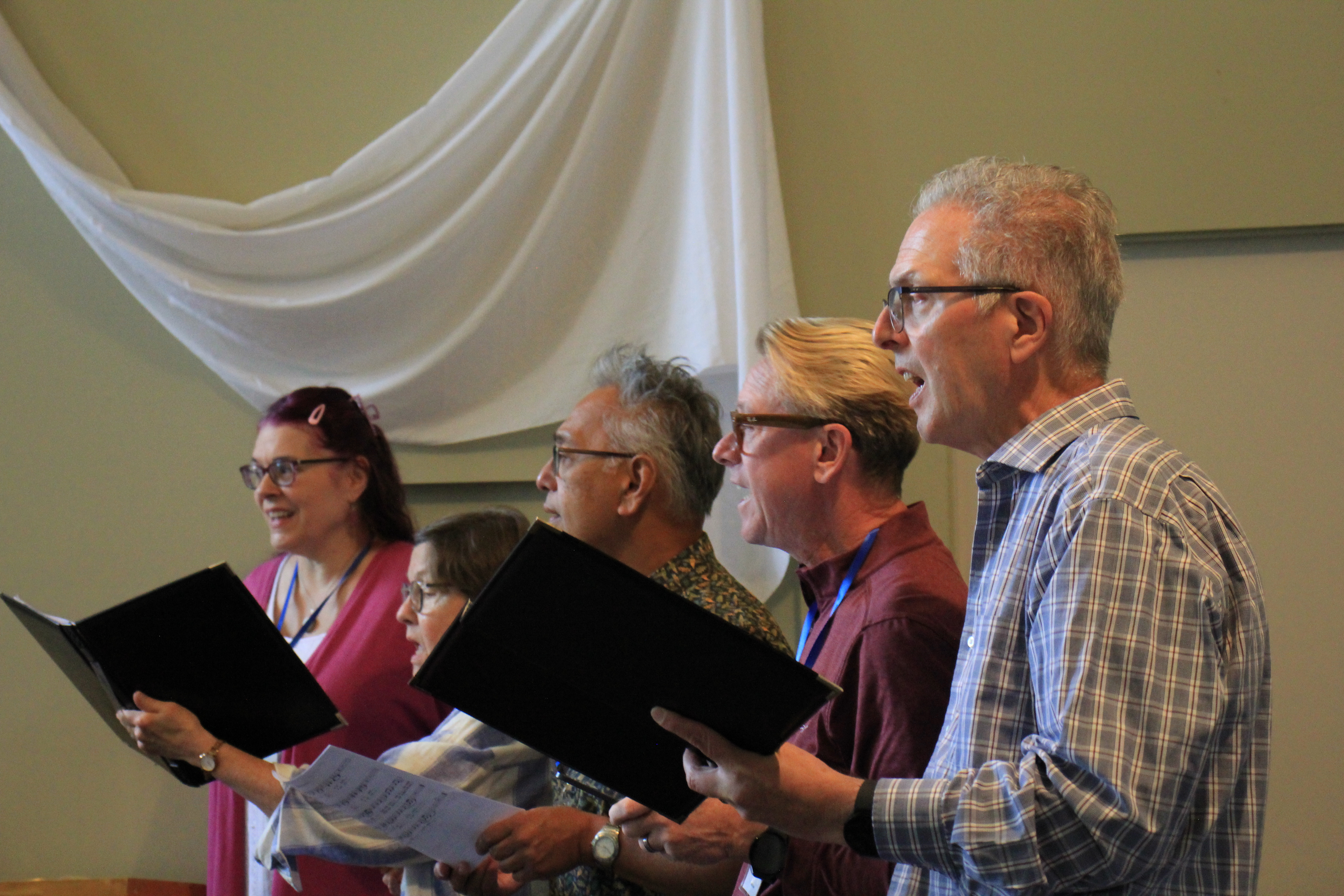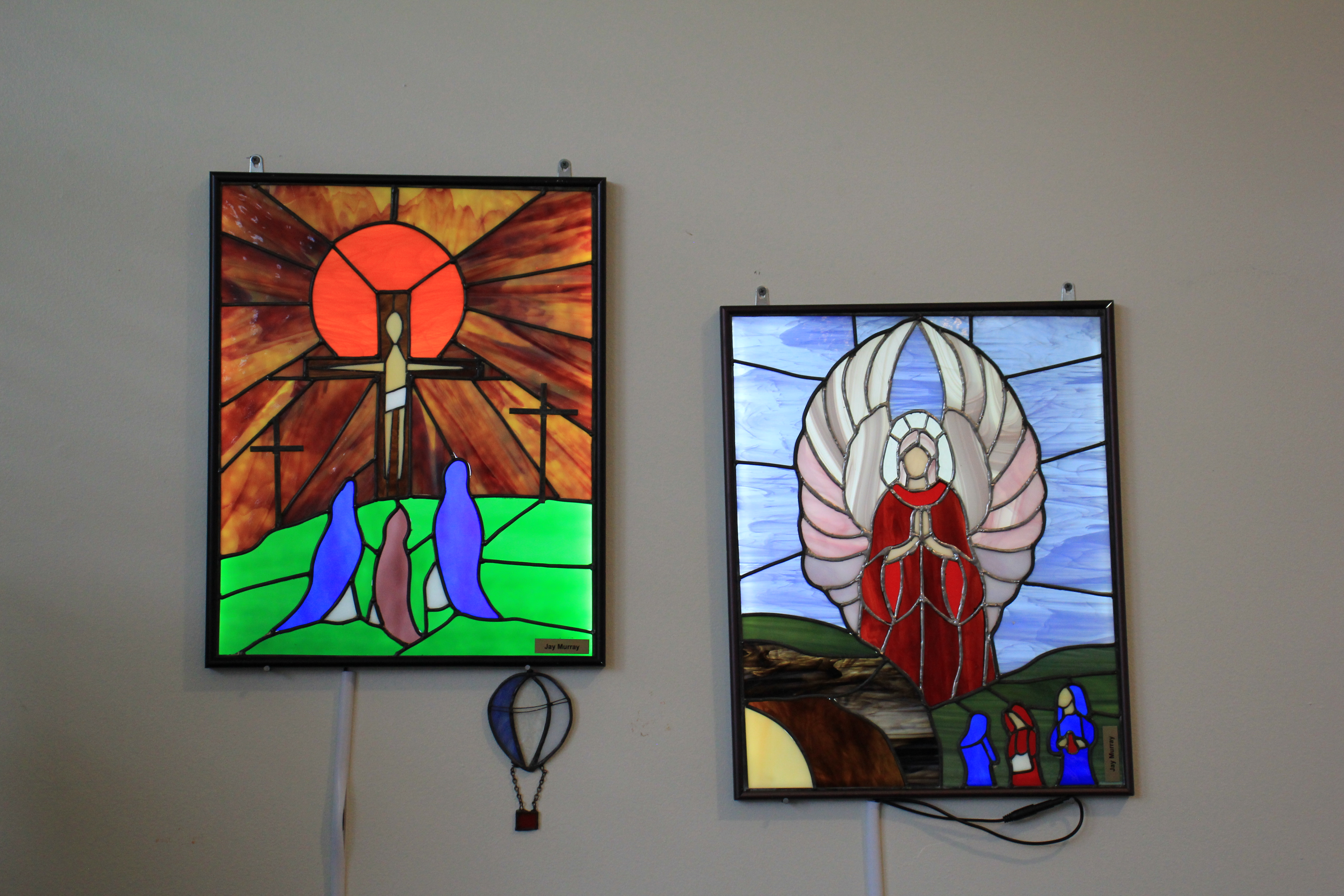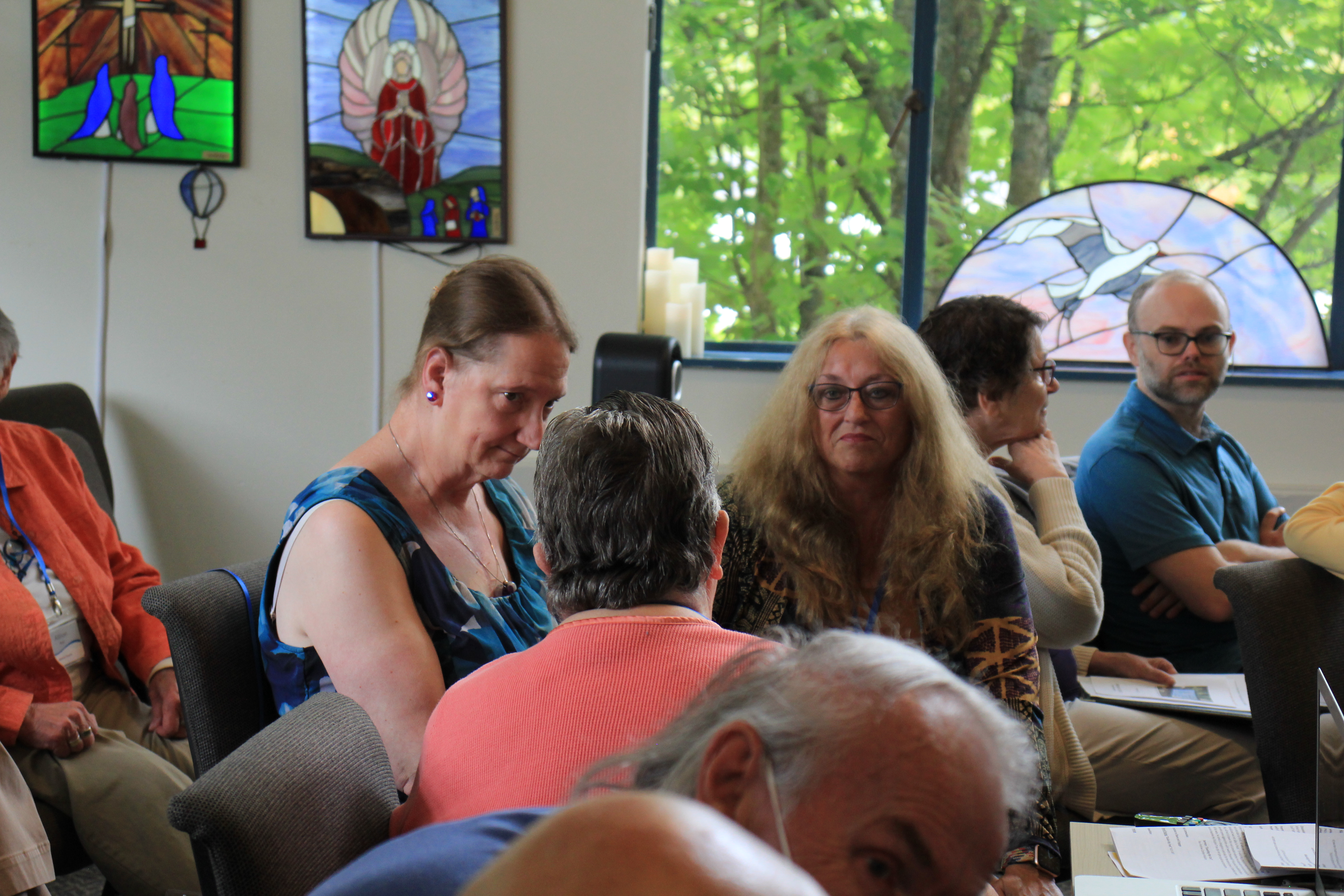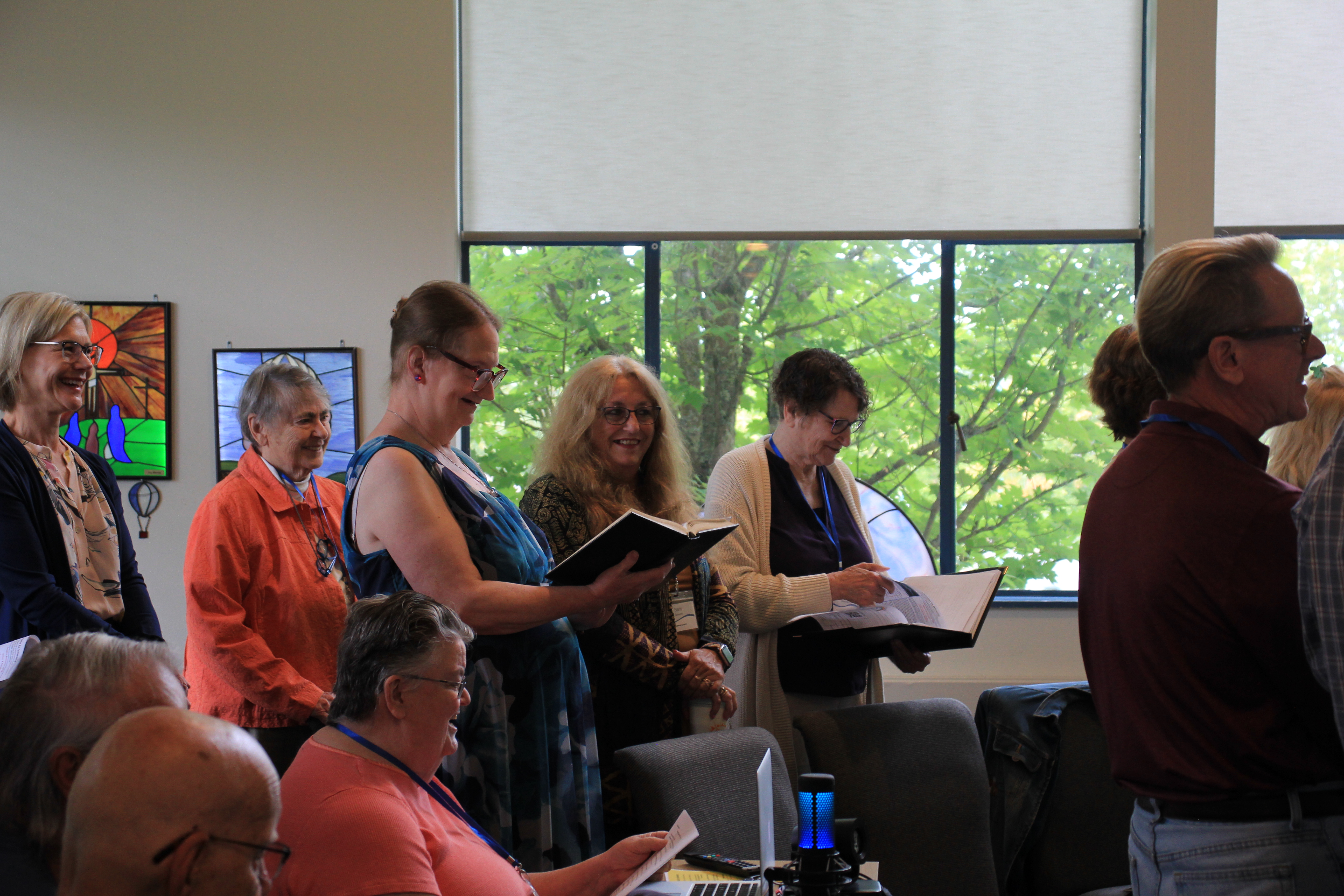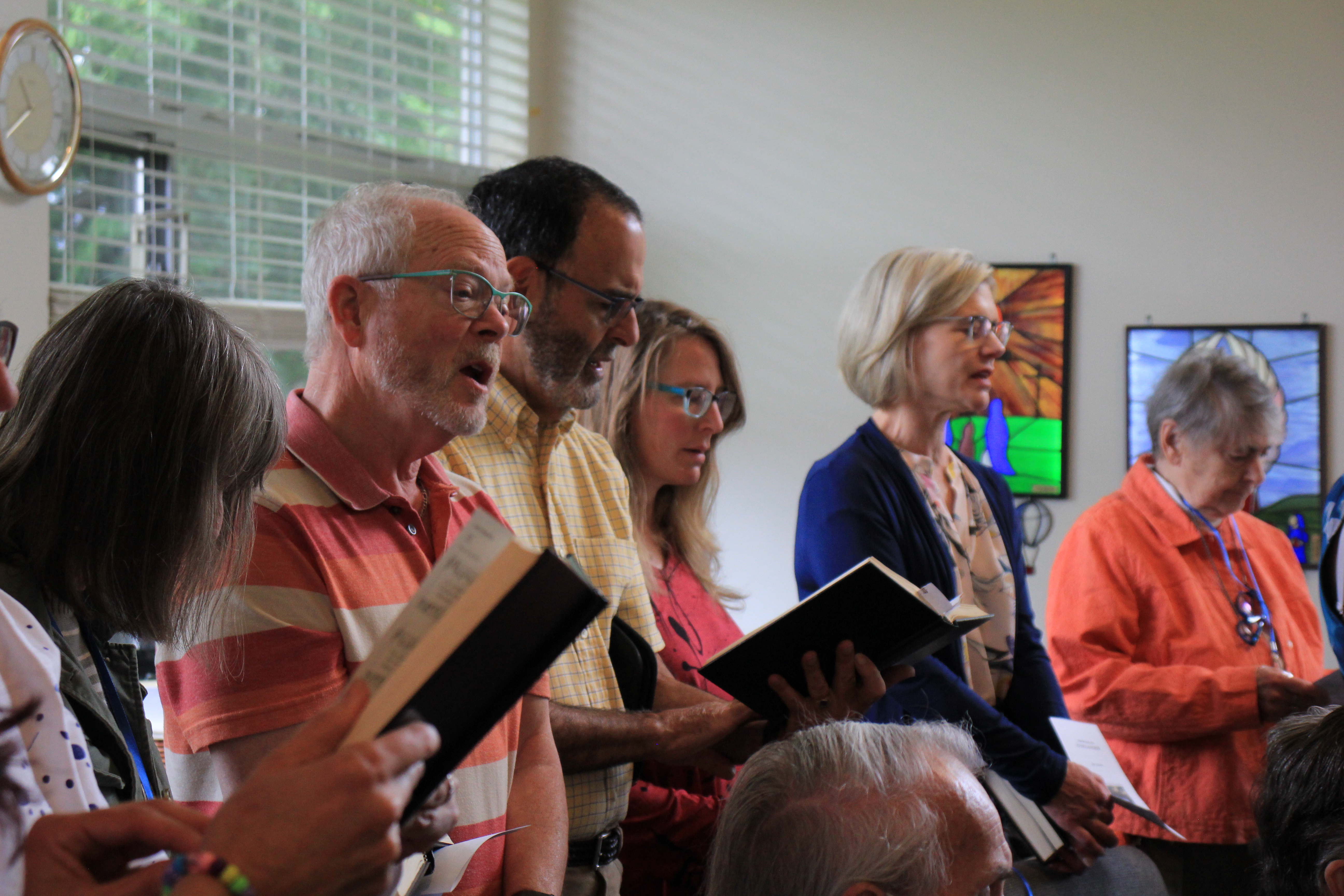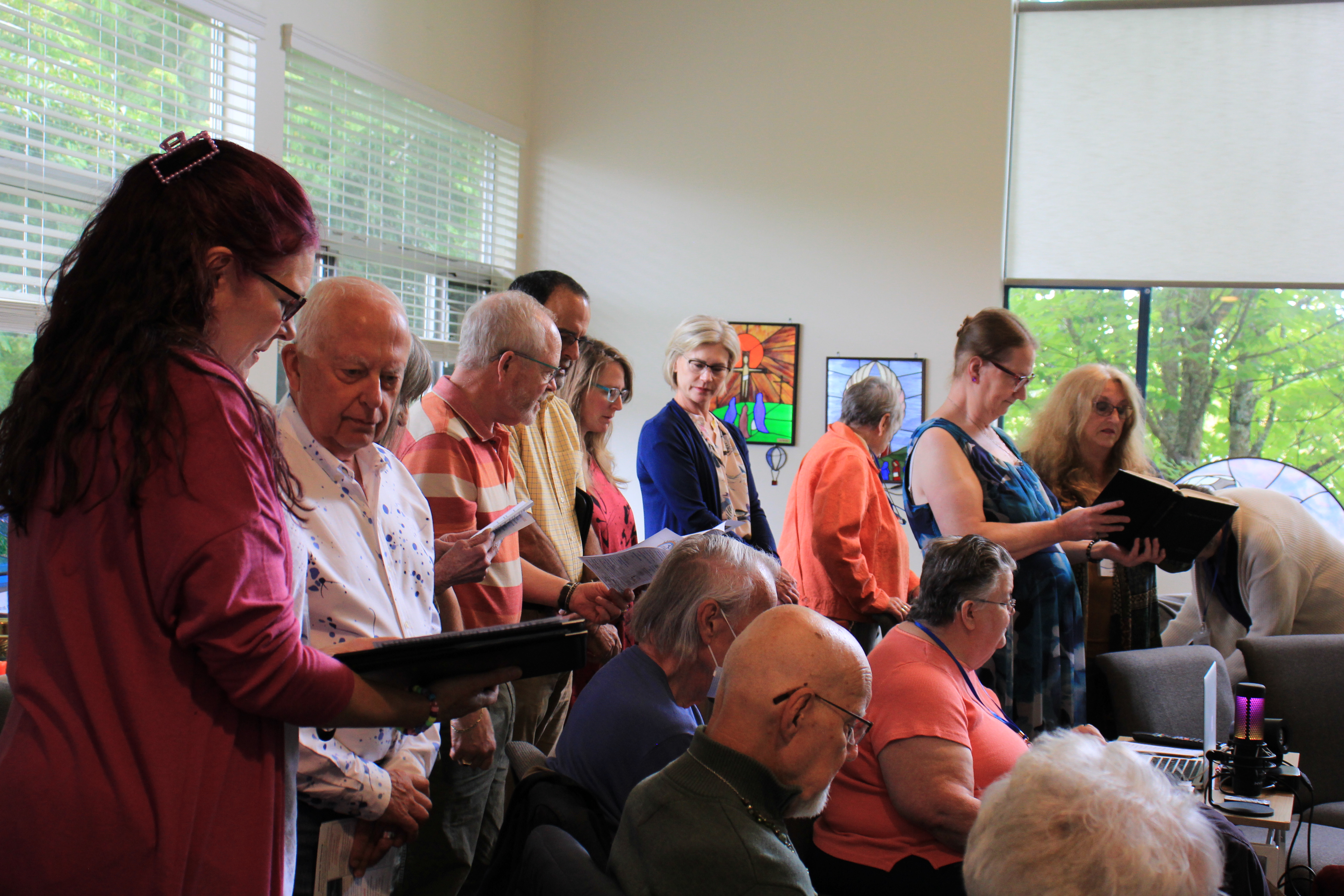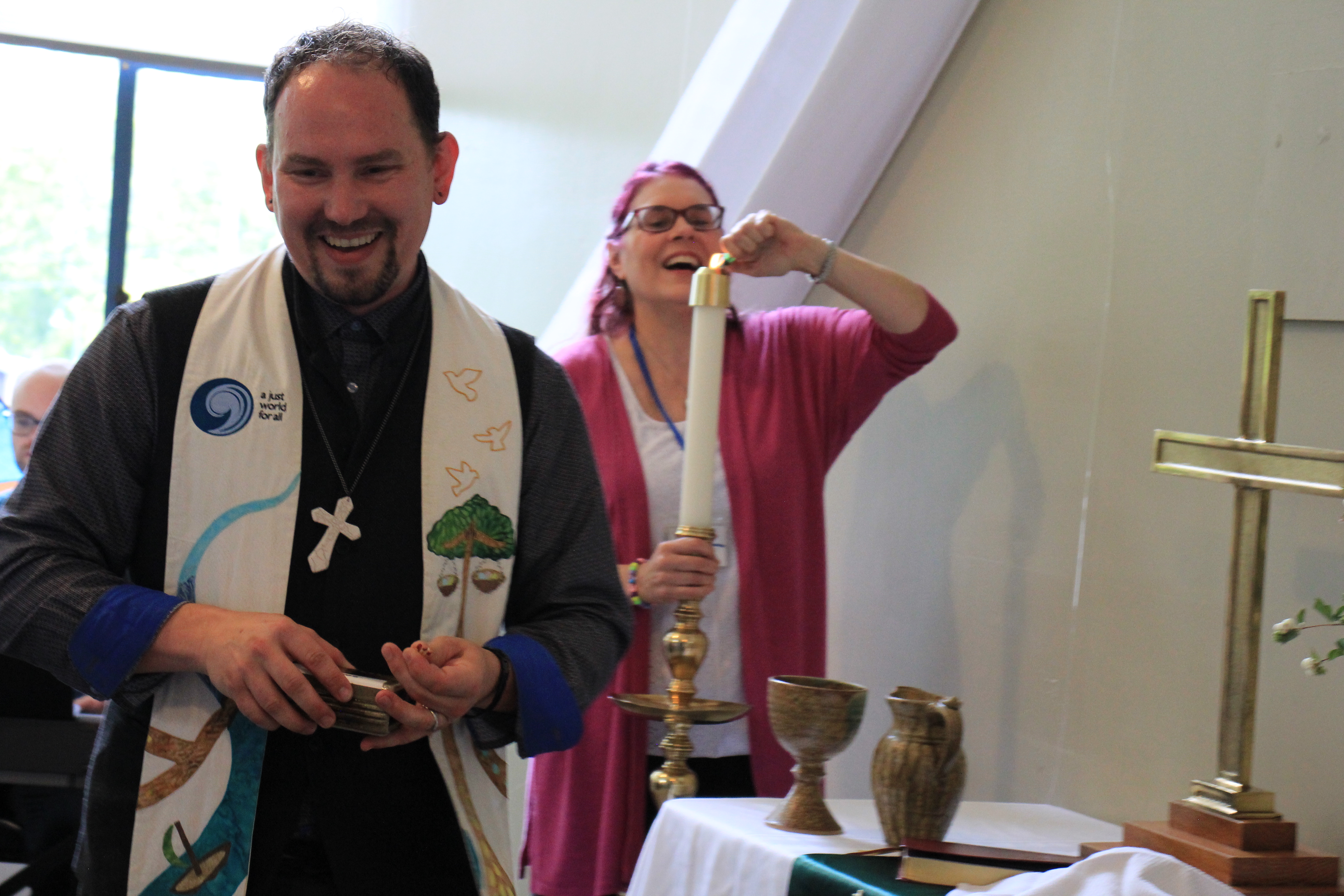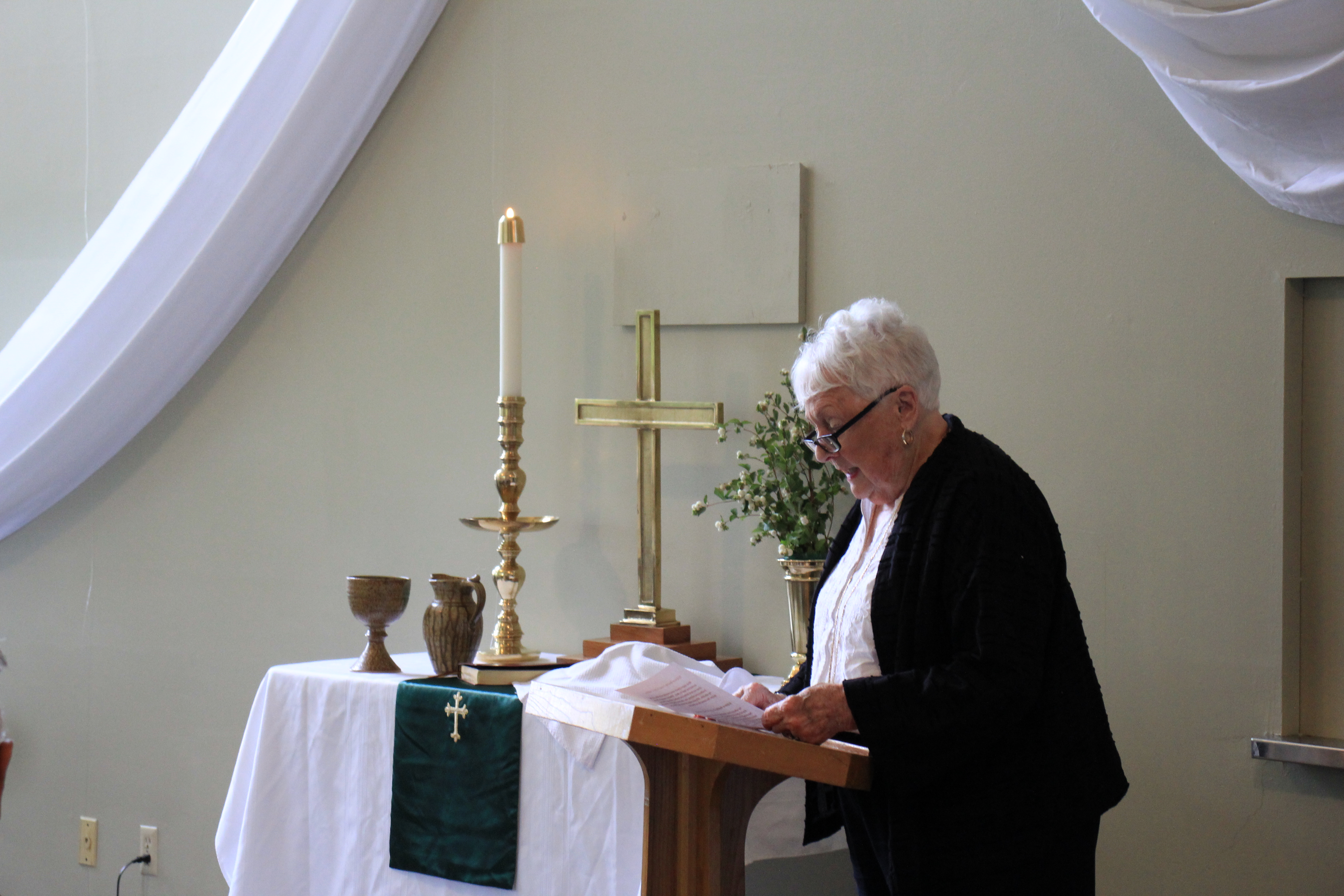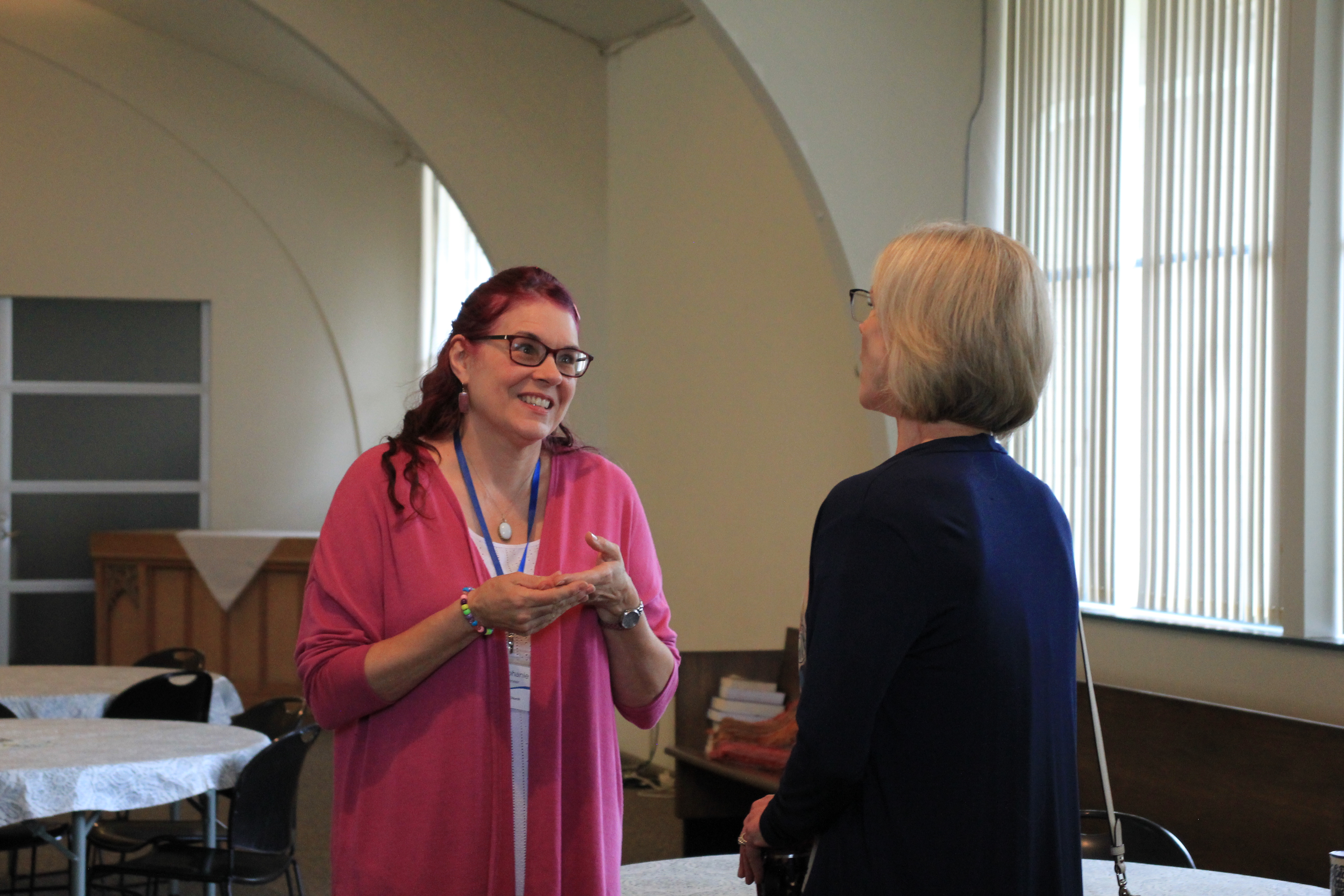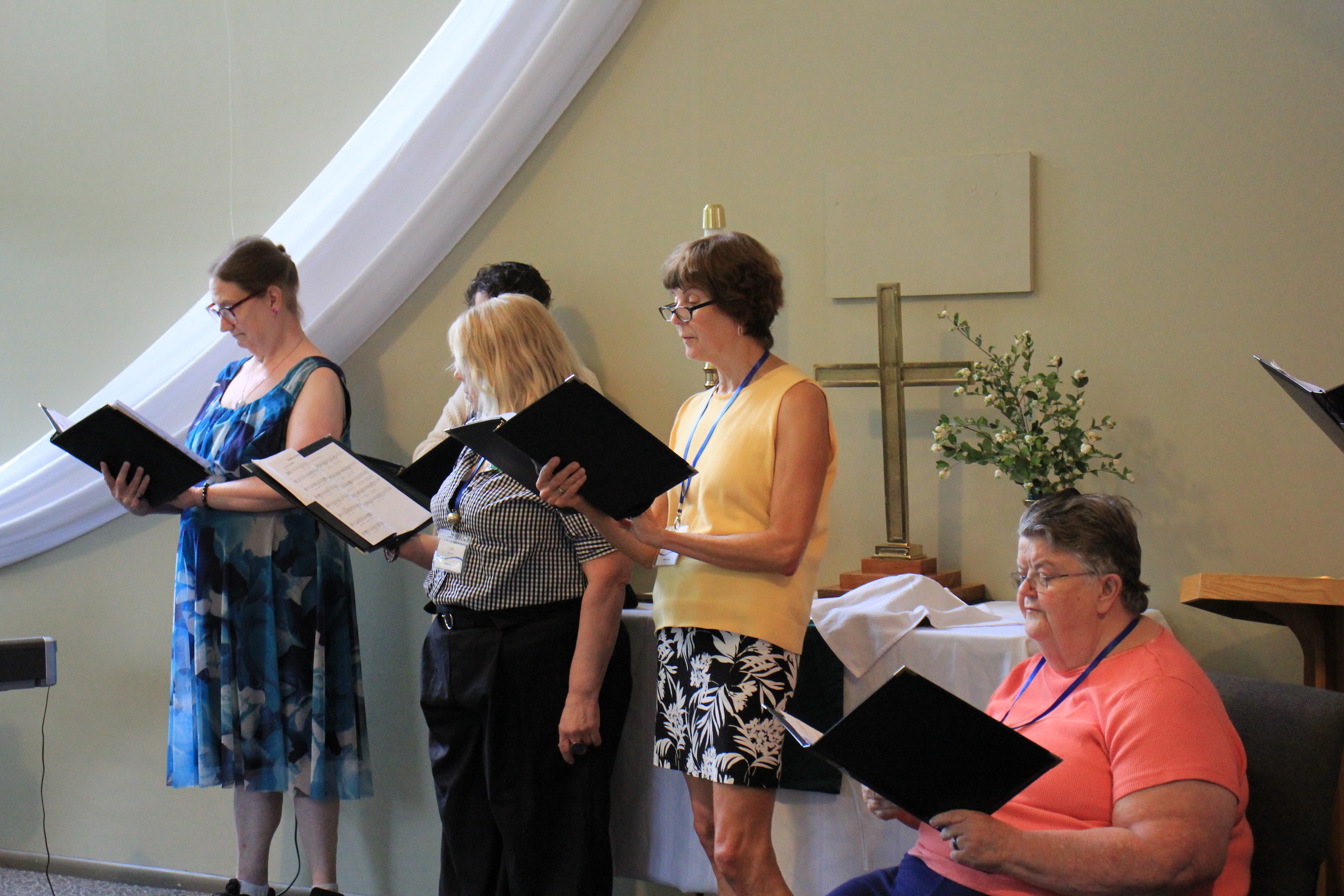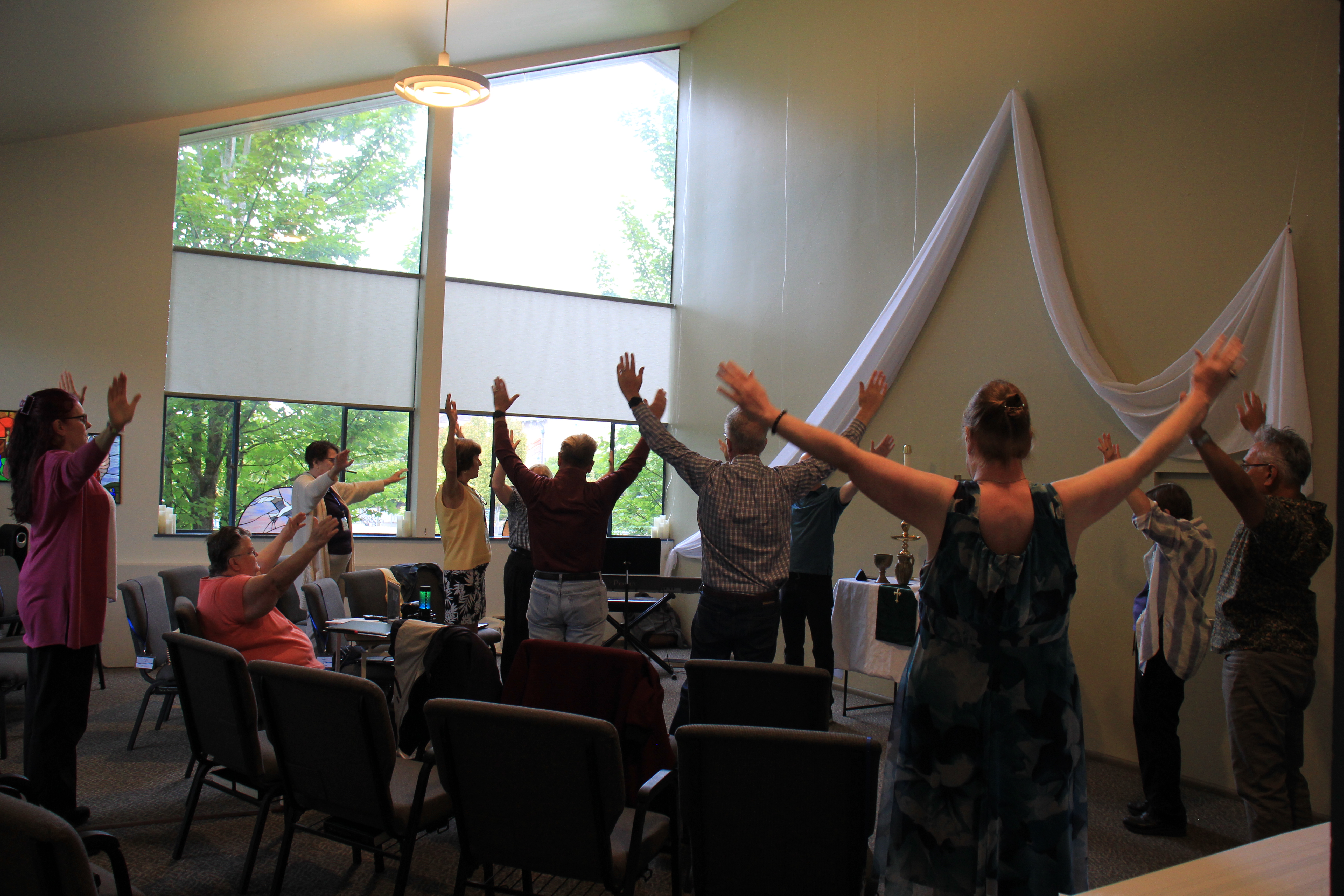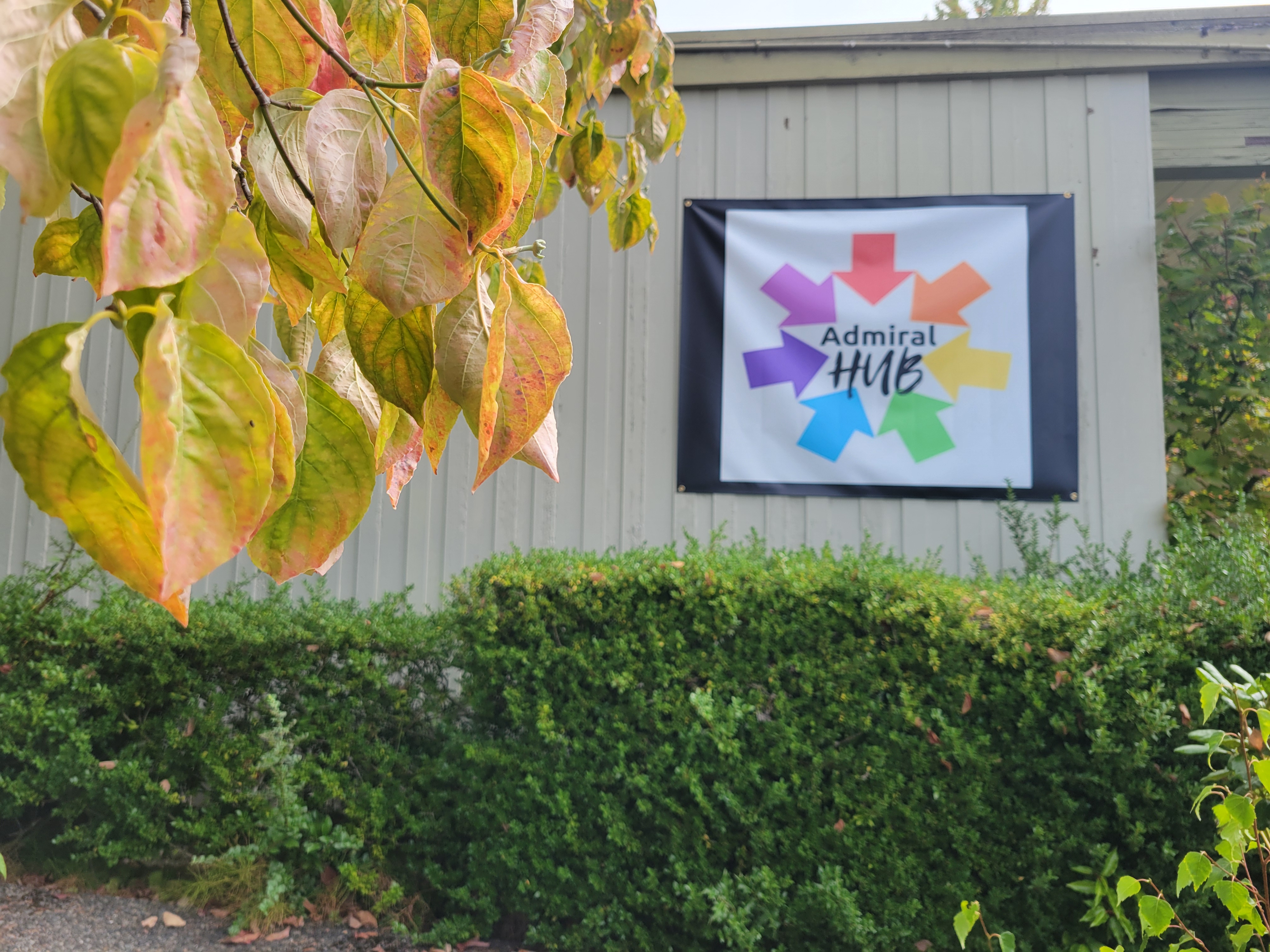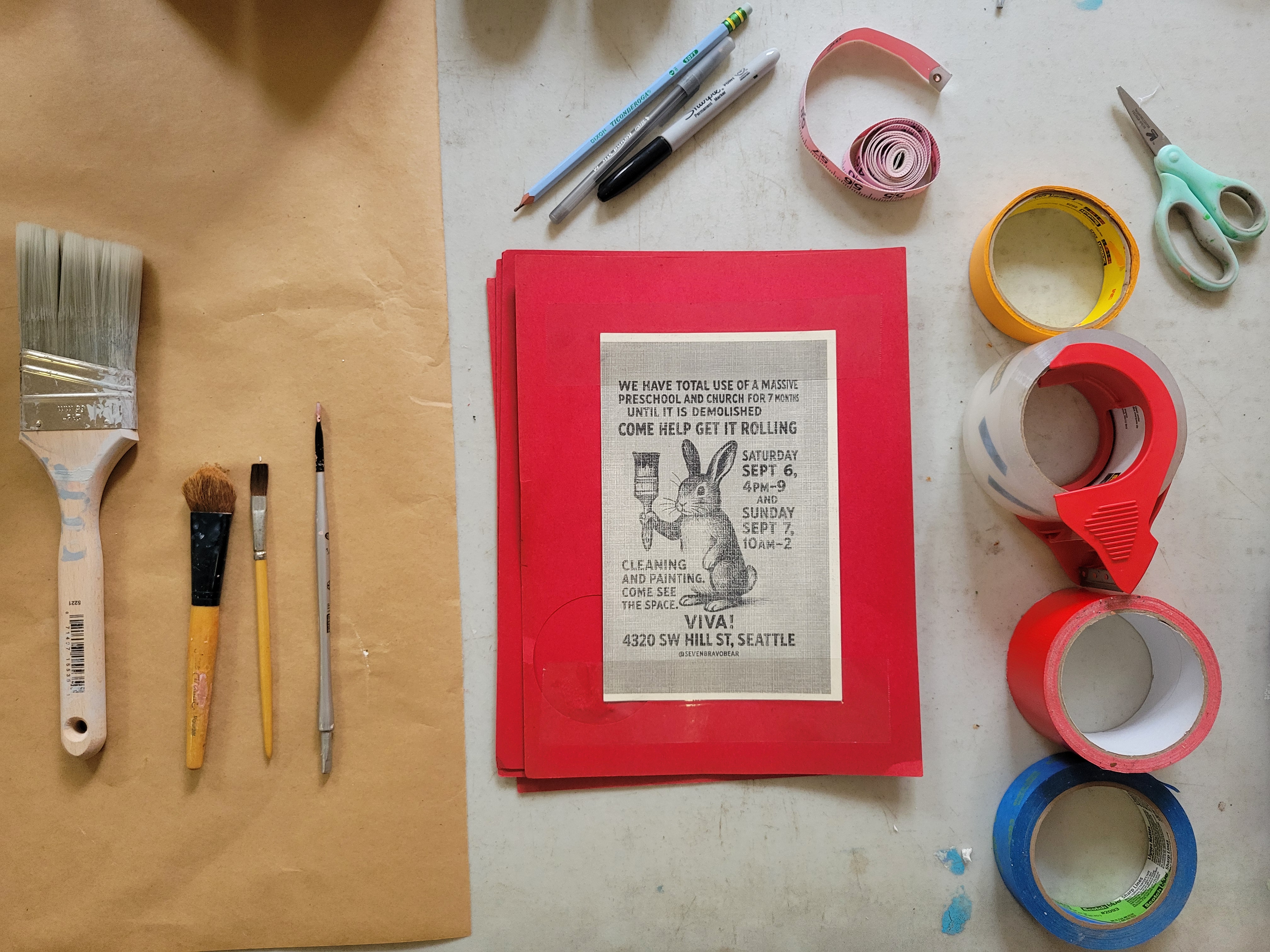Becoming a Good Ancestor
Therefore, since we are surrounded by so great a cloud of witnesses, let us also lay aside every weight and the sin that easily distracts,
and let us run with perseverance the race that is set before us -Hebrews 12:1
Often in America, especially in white middle-class America, we are invited to see ourselves as individuals, masters or squanderers of our own destiny. It is for our own life, comfort, and fulfillment that we should strive. Our families and our
communities often serve as reflections of ourselves in the present moment; yet they have the potential for so much more, especially if we approach our communities as future ancestors rather than as present participants. The shift is as simple as moving from, “what are we doing today” to “what are we building today”?
More often than not when I bring up legacy in conversations, folks start talking about their material assets and their estate. As people of faith, we are no strangers to these distractions, having ancestors who purchased property, built sanctuaries and social halls, and laid up riches in banks and storage rooms. These things, as real and influential as they may be, are not our true legacy. Our true legacy is the culture we build around the use of assets. Our legacy is also about what we recognize as assets. Some of the most valuable gifts a community has to give are not found in their estate, but in their relationships and practices of hospitality and inclusion. A community will have an enduring legacy if it is capable of bringing in participants who engage and ultimately embody the culture that has been created and nurtured.
This is true for families as well as churches and community organizations. I have known many families over the years who have relied on a single matriarch to set the tone for family gatherings and to hold space for aggrieved relatives to be
together for a time. When that person dies, it is up to the family to decide whether that matriarch will reside within them or not, whether she will still be among them and bind them together. For many families, members have not committed to becoming good ancestors, and so the power of the example they received dies with the body. This was exactly the thing Jesus was hoping His followers would transcend; He promised He would “be with [us], even to the end of the age” as the last verse of Matthew’s Gospel attests. It is up to us, however, to invoke His presence in our lives.
Over the next two months, we will be considering and wrestling with the concept of becoming good ancestors, both individually and collectively. How do our antiracist learnings and growth, our commitments to close friends and dis-
tant relatives, our stewarding of our voices and our votes, our vision-casting for our faith community, and our personal relationships with God and Jesus help to form us into good ancestors for our communities and our world? As we engage
these questions, may we remember the ancestors who went on ahead of us, drawing us into the Kingdom by their fruits.
In Solidarity and Love,
Pastor Andrew

